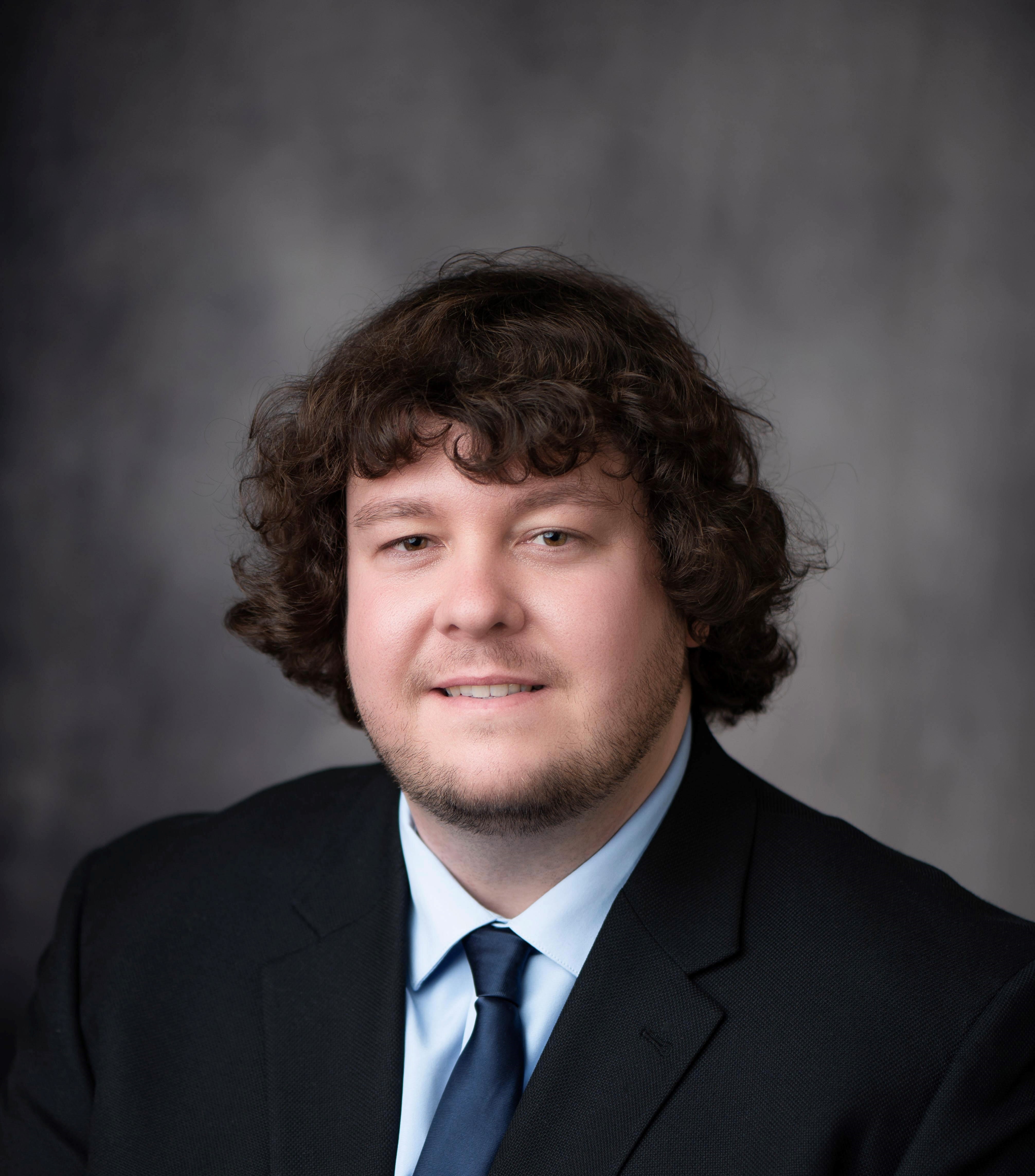by Charlie Hornbogen, MS4 I never could have predicted how my time spent in The Pines would not only change my view of my hometown, but also influence my future. Tucked away between the many rows of tall pine trees lining one side of the main roads in town is an encampment aptly known as The Pines that about fifty people experiencing homelessness call home for the better part of the year. Every Friday during the last spring and summer I had the opportunity to put on my hiking boots and scrubs and join a street medicine team organized by local family physicians that provided medical care and basic living supplies to the people living there.
I had often driven by The Pines on my way in and out of town, but looking at it from the road one would never have known what was concealed behind the trees. I remember standing by myself next to the green dumpster on 11th street wondering if I was at the correct meeting spot on my first day due to the lack of any easily visible signs of a large encampment. Several minutes later the other members of the team arrived and after a quick round of introductions and a reminder to treat everything within The Pines with the same amount of respect I would want for my own home, we headed off and crossed through the tree line.The contrast between the tents, tarps, and firepits in The Pines and the well-kept suburban homes with their neat gardens across the road was just as astonishing on my first day as it was on my last.
However, over the next several months I had the privilege to meet many of the people living in The Pines and listen to their stories, dreams, and struggles, all while helping to provide a range of health care that included everything from infected cuts to prenatal care. While I enjoyed each of my visits to The Pines, I will never forget the morning that a man driving on the nearby road slowed his car, rolled his window down, and laid on his horn while repeatedly shouting “wake up” and “get a job” mixed in with a flurry of expletives.
Though the driver was likely unaware, at that moment on the other side of the trees the team was trying to figure out the best approach to help a veteran living in a tent by himself access the medications he needed to treat his COPD exacerbation, despite him being unable to afford them or even walk to the nearest pharmacy. When reflecting on that man’s unfortunate behavior I often think about the anger, frustration, and shame for my hometown that I felt that day.
However, I also remember the family physicians I was with that morning who were willing and able to care for the veteran and many other people living in The Pines. With the help of their unique skills and training, together we were able to make a positive impact in the lives of our fellow community members at a time when they were facing some of the most difficult challenges imaginable.
With the help of their unique skills and training, together we were able to make a positive impact in the lives of our fellow community members at a time when they were facing some of the most difficult challenges imaginable.
Becoming a family medicine physician would ensure that I will continue to have similar opportunities throughout the rest of my career. Whether they take place at the clinic, the hospital, or among the pine trees, the commitment to family medicine involves a lifelong dedication to treating, educating, and advocating for all of the patients that are a part of our community. As I experienced during my family medicine clerkship, this commitment is not without its challenges due to the need for the family medicine physician to comfortably pivot between caring for the newborn with an ear infection to the elder with dementia, often with limited time or resources.
However, these are challenges that I look forward to since they are accompanied by the chance to form deep and meaningful connections with each of the future patients that I care for. Participation in the TIP program will help take me one step closer to achieving my goal of becoming a family medicine physician. The opportunity to begin preparing for the next step in my education while making connections to a community and residency program that I would be eager to continue training at in the future will serve as an invaluable enhancement to my medical education. I believe that through the TIP program, I can ensure that people living in The Pines will always have one more physician willing and ready to help them at any time.
